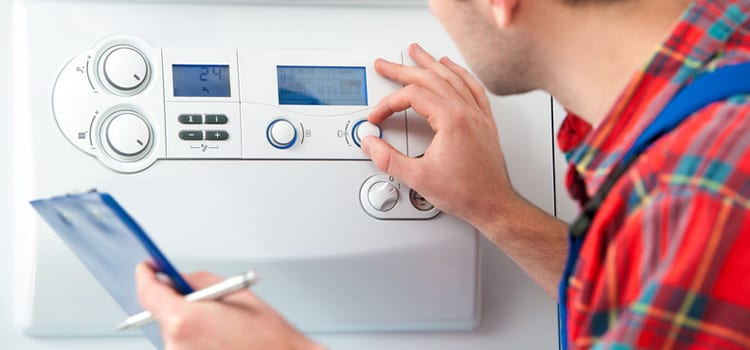Tips on how to Reduce Your Home Energy Bills and Save Money

Home Energy Bills If you are concerned like all families are worried about your energy bills getting out of hand these are few helpful yet simple tips to keep on top of them. Use a comparison website to check gas and electricity rates If you are not 100% sure you are getting […]
Home Renovation Incentive Extended to the End of 2016

Home Renovation Incentive The Home Renovation Incentive scheme, which allows homeowners and landlords a future tax credit for the vat incurred on renovations of their home or rental property at a rate of 13.50% and carried out by tax compliant contractors, has been extended by 1 year to the end of 2016, it has been […]
How much does a new Gas Boiler Replacement Cost?

Gas boiler replacement cost needs to be considered if you are one of the unfortunate souls to have your boiler breakdown, or the lucky one planning in advance to upgrade your gas boiler to try and save some money for you and your family. By planning the change (rather than it being forced on you […]
When Does a Boiler need to be Replaced ?

Boiler Replacement There really is no ‘one size fits all’ time frame for replacing a gas or oil boiler as there are so many variables in determining when the right time to do so is. An older boiler which has been meticulously taken care of could be in better condition than a much newer one […]